Pernod is a form of alcoholic beverage deriving from the country of France. Originally meant to be a replacement for absinthe during the era of its prohibition, Pernod is now considered an entirely separate alcoholic drink, known for its distinctly anise flavored body and unique appearance when diluted.
However, individuals may desire to find a replacement for this particular type of alcohol, owing to its relatively high price outside of France, the difficulty in finding it outside of its domestic markets or simply out of a desire to try similar beverages.
Straight alcohol substitutes for Pernod include absinthe, Ouzo, anisette, and pastis. Non-alcohol substitutes for Pernod include lemon juice and star anise infusion. Cooking substitutes for Pernod include vodka, pastis, and white wine.
Should Pernod be Substituted?
While there are a variety of reasons why individuals and bartenders may wish to substitute Pernod for a similar alternative beverage, it must be kept in mind that doing so may not entirely replicate the flavor or drinking experience normally presented by Pernod itself.
This is due to the fact that even drinks meant to imitate Pernod likely cannot achieve the exact same taste, appearance, or strength of the original drink.
As such, one must first weigh the particular reason behind their desire to substitute Pernod against the chance that its potential substitute may not be as good in the particular recipe or cocktail being made.
Straight Alcoholic Drink Substitutes to Pernod
This particular section of the article will list several types of alcoholic beverages that, by themselves, can replicate the taste and experience of drinking Pernod. This may be due to having a similar method of production, or in their characteristic similarity of taste.
Absinthe
The original purpose behind the entire creation of Pernod, absinthe is an alcoholic drink with a distinctly licorice-like flavor offset by hints of earthy herbal notes, not unlike that found in Pernod, despite the lack of a definitive anise flavor.
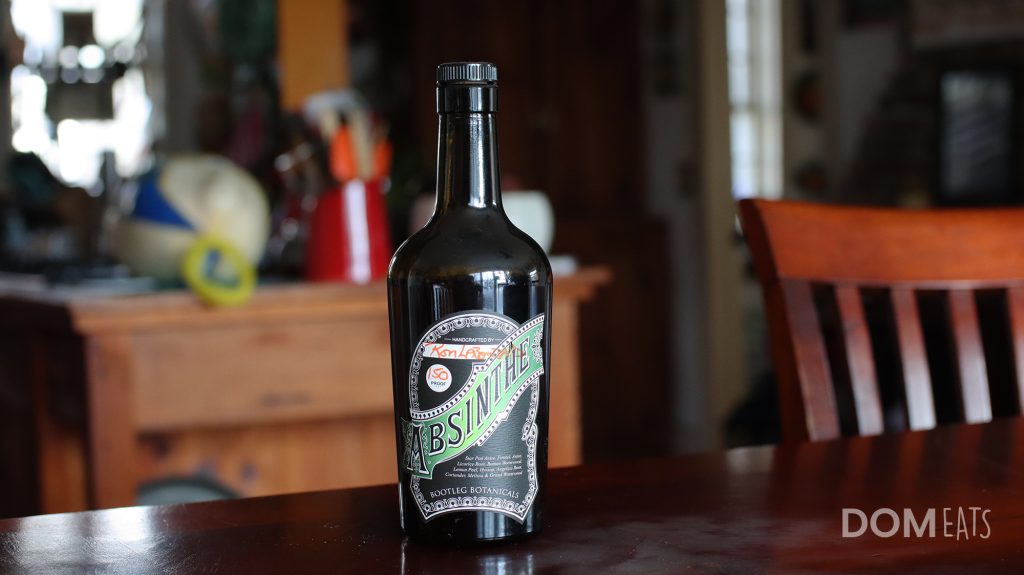
Absinthe is generally around the same alcoholic percentage of Pernod, making it an excellent 1:1 ratio alternative in cocktails or as a stand alone shot.
The primary drawback to using absinthe as a Pernod substitute is its noticeably green coloring, quite far from that of most kinds of Pernod. Should the appearance of the drink be of importance, it is best to choose another substitute.
Ouzo
Directly flavored with anise seeds, cloves and various other herbs or spices, ouzo is practically a close cousin of Pernod, with an extremely similar flavor and similarly cloudy appearance when diluted or otherwise incorporated into a cocktail.
However, the primary drawback to ouzo is the widely differing taste and ingredient list between each brand, with certain types of ouzo being further apart from Pernod in terms of taste, and others being far stronger in flavor.
Ouzo in most of its pure forms is approximately 40% ABV, making it slightly weaker than most kinds of Pernod, though still quite strong in comparison to many other alcoholic beverages.
Anisette
Quite literally a liquor flavored by anise, anisette is an extremely close cousin to Pernod in terms of taste and function, especially if the variety with certain additional flavoring compounds is added.
Anisette is considered somewhat stronger in terms of flavor than Pernod, and is usually enjoyed by diluting or otherwise being ordered on the rocks so as to make its rather strong taste more palatable for most individuals.
However, the majority of anisette brands only possess a relatively low 25% ABV, making it nearly half the ethanol content of Pernod, despite its stronger flavor.
This may equate to a somewhat weaker drink in terms of alcohol percentage, especially in cases wherein it is added to a cocktail alongside other ingredients that are considered non-alcoholic.
Pastis
As close as one can get to a Pernod substitute without actually just using Pernod, pastis is another French liquor macerated and steeped in anise, licorice and various other herbs so as to create a flavorful yet sophisticated beverage difficult to replicate in any other form.
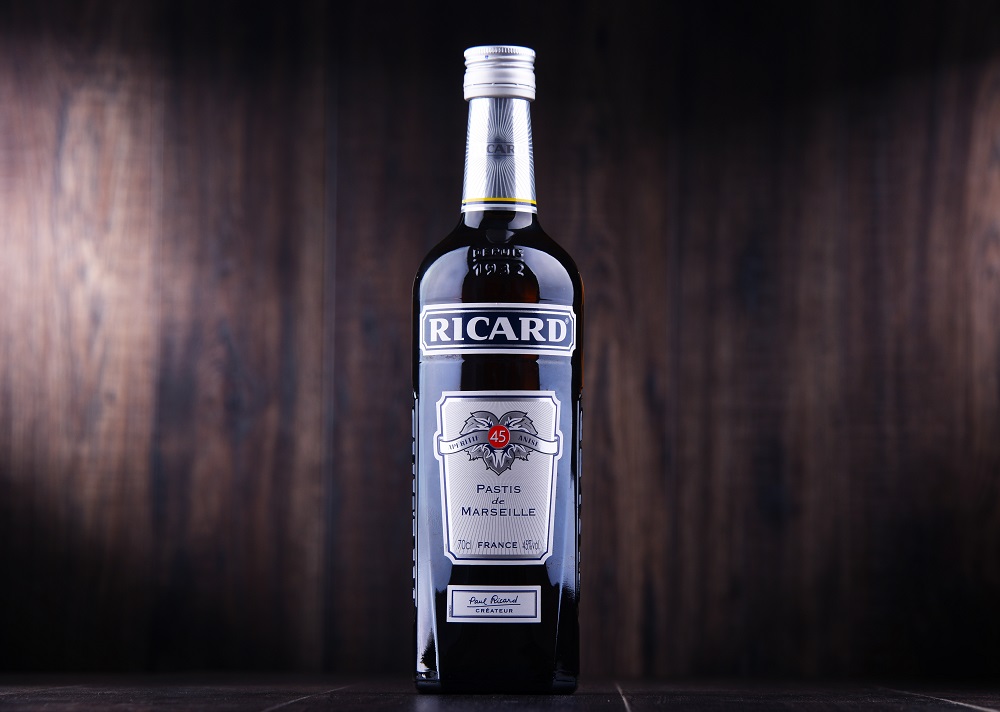
Pastis, much like Pernod, is approximately 45% ABV, making it quite strong in comparison to many other alcoholic beverages.
Most individuals choose to dilute pastis somewhat through the addition of ice or mineral water, of which will weaken the taste somewhat.
Owing to their similarity in appearance, alcoholic percentage and flavor, pastis can act as a 1:1 replacement for Pernod in nearly every situation, regardless of whether it is cooking, mixing or being drunk by itself.
Non-Alcoholic Drink Substitutes to Pernod
In instances where a bartender or other individual wishes to recreate the flavor or appearance of Pernod without the presence of ethanol alcohol, a variety of alternatives may exist that can somewhat act as substitutes.
It is, however, unlikely that these substitutes will be able to recreate the flavor of Pernod in its entirety.
Lemon Juice
One must note that lemon juice on its own will not replicate Pernod in any capacity unless it has had anise pods and various other herbs steeped within for some length of time, allowing the particular flavors of these ingredients to be incorporated into its flavor profile.
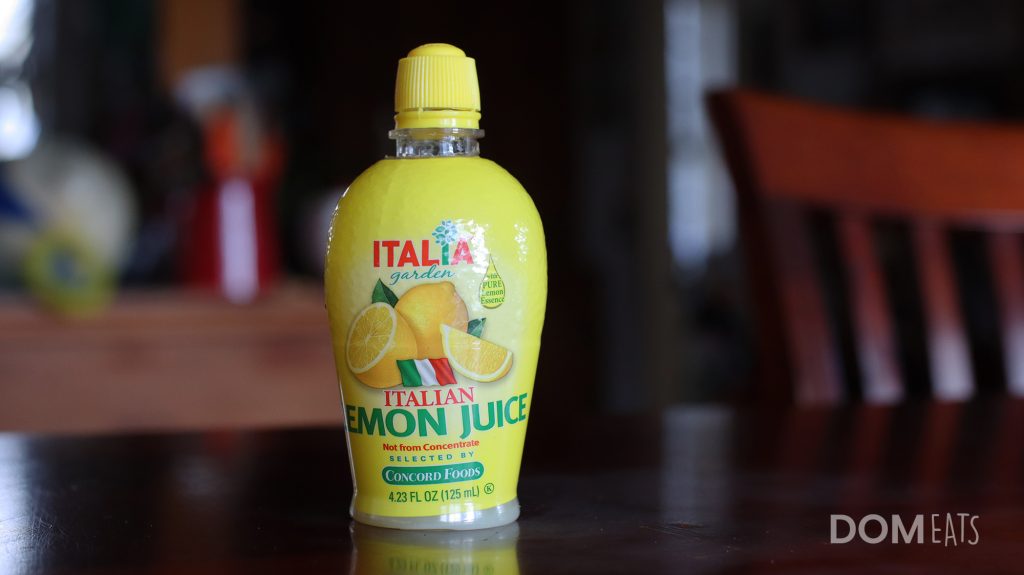
Lemon juice treated in this manner can somewhat replicate the flavor of Pernod, though it will of course miss its distinct ethanol alcohol flavor.
Star Anise Infusion
Generally created through the heating of star anise, various other herbs, some sort of acidic juice and sugar together in a pan, star anise infusion is a concoction most commonly incorporated with wine so as to spice and flavor it further.
However, it is entirely possible to create star anise infusion without the addition of any alcoholic beverage, making it somewhat less similar in flavor to Pernod, but still quite close, especially if its original purpose is to be added to a mocktail or to be used for cooking.
Cooking Substitutes to Pernod
One of the primary purposes of Pernod is that of its use in cooking, especially in classically French dishes such as Bouillabaisse or other seafood dishes that require a distinctly supplemental flavor.
The particular taste notes found in Pernod are all the more enhanced when cooked appropriately, as high enough temperatures will burn off the ethanol alcohol present in its chemical matrix, leaving only the flavoring compounds and aromatic extracts behind.
While these particular compounds and extracts are difficult to find in any other sort of liquor meant for cooking, a few types of alcohol may replicate the presence of Pernod in some dishes, not quite supplanting its place as a flavor enhancer but certainly functioning in much the same manner.
Vodka
Similar in alcohol percentage to Pernod, vodka may act as a neutrally flavored cooking oil that can replicate certain functions of the anise flavored alcohol in a variety of dishes.
It is important to note that the incorporation of vodka into a dish will not replicate the flavor of Pernod in any way save for a residual taste of ethanol alcohol, owing to the fact that the two liquors have distinctly different plant sources and methods of production.
As such, vodka is best used as a last resort substitute for Pernod, and only in instances where the alcoholic nature of Pernod is of primary importance instead of its other flavorings.
Pastis
Already mentioned once in this article, pastis is an extremely similar liquor to that of Pernod, sharing much of the same geographical origins, methods of processing and flavorings as the French anise liquor.
In terms of culinary use, pastis fills much the same role as Pernod, being incorporated into a variety of seafood dishes and sauces so as to impart the same herbal and licorice-like flavour that are normally characteristic of Pernod itself.
Pastis may be added to a dish as it is cooking in much the same volume and method as Pernod, owing to their relatively similar alcohol percentages, making the ethanol present in pastis capable of burning and evaporating at the same rate as Pernod’s.
White Wine
Though best used as a substitute for Pernod when anise and certain other herbs have been added to it, white wine by itself can replicate the same effect as Pernod in many dishes, especially in certain brands with distinctly higher alcohol percentages than other kinds of white wine.
The ideal method to replicate Pernod with the use of white wine is to steep star anise seeds, certain herbs and a small amount of licorice so as to impart the flavors of these particular ingredients into the wine.
This method may be sped up somewhat through the addition of low heat and pressure, of which will cause the added ingredients to more readily incorporate their flavoring compounds into the wine.
References
1. David Lebovitz. (2020) “Drinking French: The Iconic Cocktails, Apéritifs, and Café Traditions of France, with 160 Recipes” Ten Speed Press ISBN 1607749297, 9781607749295
2. Ryan Jennings, David Steele. (2007) “Cooking with booze: delicious recipes using beer, wine and spirits” Apple Publishing ISBN 1845432223, 9781845432225
3. Vikas Khanna. (30 March 2017) “Mocktails, Punches & Shrubs: Over 80 non-alcoholic drinks to savour and enjoy” Retrieved through Google Books Service. Dorling Kindersley Limited ISBN 0241311365, 9780241311363
4. Featured Image Editorial Credit chatdesbalkans / 123RF.com

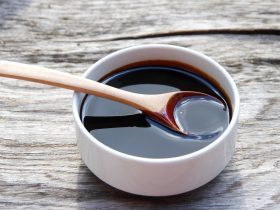

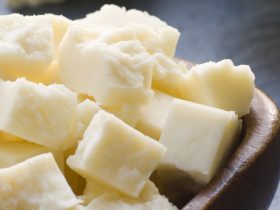
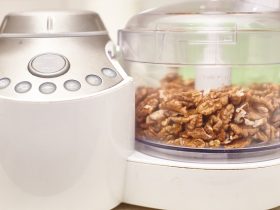
Hi, I'm Dom
Dom Eats was started to help other people fall in love with food. While cooking can feel intimidating, it doesn't have to be.